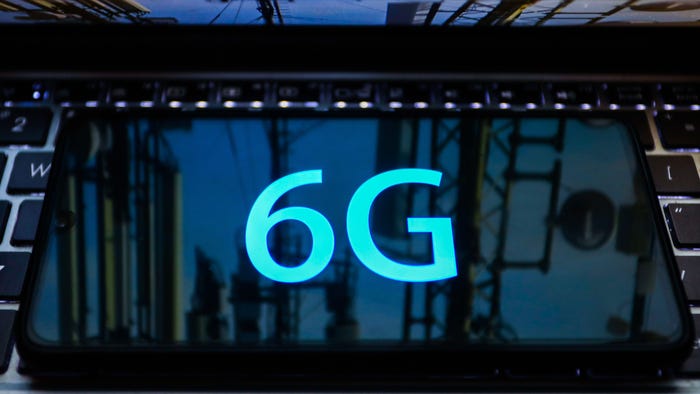Impact of quantum technologies on the telecommunications industryImpact of quantum technologies on the telecommunications industry

Quantum technologies will have a profound impact on the telecommunications industry, from improving the speed, fidelity and integrity of wired or satellite communications to creating the next generation of Quantum Internet and more.
In the meantime, telecommunications providers are both a prime target for and a critical first line of defense against emerging quantum threats. That’s because when fault-tolerant quantum computers are finally available they are expected to break the existing Public-Key Encryption (PKE) standards that have been in place for nearly 50 years, exposing sensitive government, business and personal data, communications and transactions on an unprecedented scale. The key to overcoming these challenges will require implementing new quantum-safe encryption standards as part of a larger effort to achieve cryptographic agility.
Kelly Richdale is an independent board director and senior advisor on quantum-safe security at SandboxAQ, an enterprise SaaS company providing solutions at the nexus of AI and Quantum technology (AQ) to address some of the world’s most challenging problems. She was a panelist for the “A Quantum Leap Into The Future” session at Mobile World Congress 2023 that took place in Barcelona earlier this week. Here Richdale sets out the scale of the quantum threat to telecommunications, the security measures needed to counter them and why they must be implemented sooner rather than later.
The Rising Cyberthreat to Telecommunications
Due to the volume of sensitive data that travels across their networks, cyberattacks on telecom providers are increasing. For example, a Q3 2022 report from security provider Lumen indicated that telecommunications is the top industry targeted in the largest 500 cyberattacks. They also reported a 21% increase in attacks over the prior quarter.
In 2021, a report from the U.S. National Security Telecommunications Advisory Committee noted that replacing dedicated routers and switches with SDN, APIs and NFVs has contributed to greater network resiliency, but certain aspects of these improvements make networks more vulnerable to new quantum threats – some of which are happening right now.
Although quantum computers are still many years away from commercial use, adversaries have already initiated Store Now, Decrypt Later (SNDL) attacks, acquiring and storing encrypted data until quantum computers become available to decrypt it. This can be done via direct network penetration (via hacking, social engineering, etc.) or by siphoning data in transit via a compromised node or vulnerable VPN, SD-WAN or SDN. Once encrypted data has been stolen, it can no longer be protected and could negatively impact customers for many years to come.
A New Era in Cybersecurity
To protect against SNDL, telecommunications companies need to inventory their entire IT infrastructure, including hardware, firmware, and software, to identify where quantum-vulnerable protocols are used and upgrade them to quantum-resistant protocols.
For more than six years, the National Institute of Standards and Technology (NIST) has been working with a consortium of cryptologists and mathematicians from 25 countries to develop new quantum-resistant algorithms that will become the new global encryption standard. Last July, NIST unveiled four potential candidate algorithms and several alternates for standardization by 2024. These algorithms are already being integrated into new quantum-safe solutions that are starting to hit the market.
To read the complete article, visit IoT World Today.


